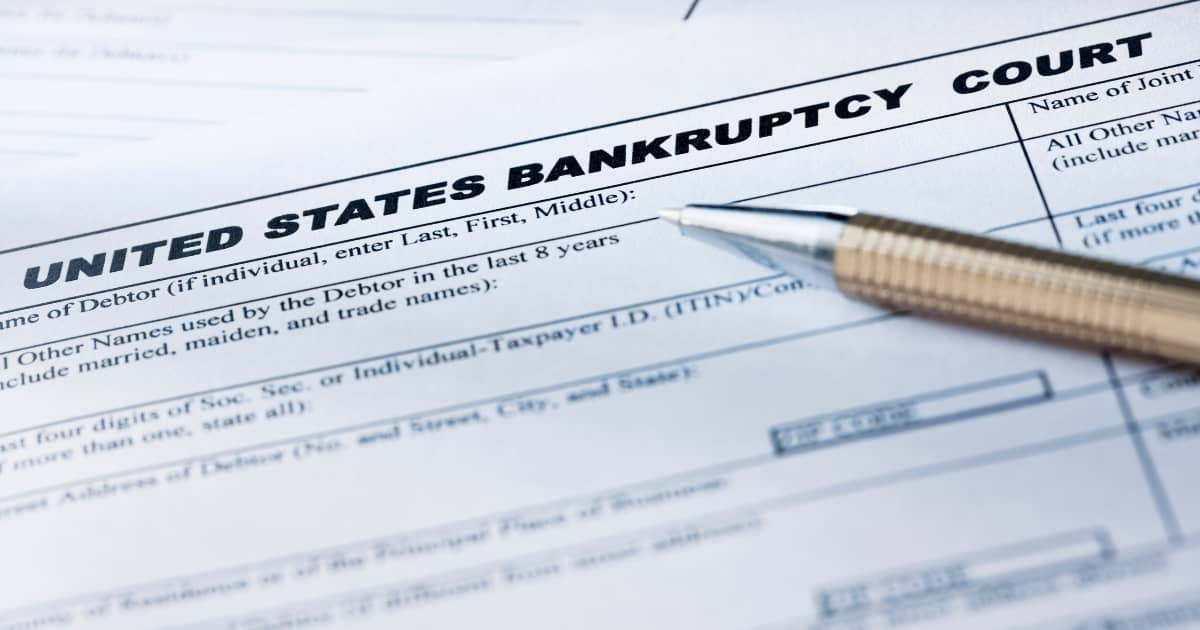Many people assume that filing for bankruptcy will wipe out all of their debt, but this is not necessarily the case. In fact, some unsecured debts, such as credit card balances and medical bills, can be discharged in bankruptcy, but you still may have to pay them back over time through a repayment plan.
Some creditors might try to pursue you for any outstanding balances if they have the opportunity, so it’s important that you take precautions when considering bankruptcy. You’ll need to work with your lawyer to determine which debts you might be able to get discharged in a bankruptcy.
It’s important to keep in mind that filing for bankruptcy can affect your credit report in several ways. It will stay on your credit report for up to ten years, and it can negatively impact your ability to secure future loans, such as mortgages.
If you are concerned about the consequences of filing for bankruptcy, consider seeking assistance from a financial coach or debt counselor. They will not only help you understand the potential effects of bankruptcy on your finances, but they will also provide you with a plan to manage those impacts.
The most common consequence of filing for bankruptcy is that your credit score will likely fall, which can make it more difficult to obtain new credit or obtain loans in the future. Bankruptcy will also have a negative psychological impact on your life. This can cause you to feel that you are a failure or loser.
Your creditors might refuse to accept your payments if they believe that you are going to default on them, which can have serious consequences. This can include loss of your property and eviction from your home.
Having a bankruptcy on your credit report can also impact your ability to obtain employment, and some employers might turn you down for a job or not offer you a position at all. This can be a major obstacle to getting your life back on track.
If you are considering filing for bankruptcy, it is best to speak with an experienced attorney who will be able to advise you on which type of bankruptcy is the right one for your situation. Each type of bankruptcy has different procedures and requirements for obtaining relief.
You might also want to discuss the process of filing for bankruptcy with a certified financial planner. They can explain the process and help you determine whether or not it is the right step for you.
Another consequence of bankruptcy is that your credit score will likely fall, but it will not drop as quickly as it would if you did not file for bankruptcy. Once your bankruptcy is discharged, you can begin to rebuild your credit.
In addition to the financial impact of filing for bankruptcy, it can have a negative psychological effect on you and your family. It can make you feel that you are a failure or loser, and it can also affect your relationships with others.





